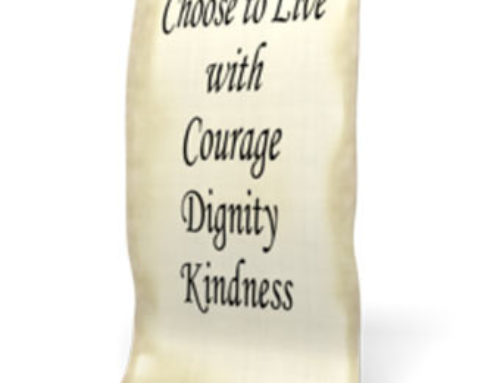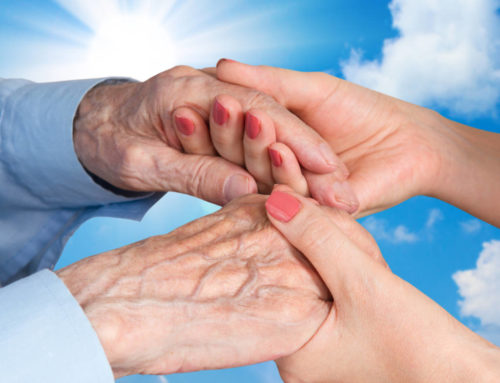When we are caring for someone who needs a tremendous amount of help negotiating the basic activities of daily living, we think we should always be patient, kind, helpful and supportive. After all, we are stronger and in better shape than they are, and it’s easier for us to do things for them than it is for them to do things for themselves.
Taking on the responsibility of caring for another person’s physical and financial needs is an enormous responsibility, and it is often a 24-hour a day job. So why do we judge ourselves so harshly when we lose our cool and fall a little short of saintly?
Yesterday I mentioned that anger is a normal response to the situations, people and events over which we have little or no control. So we shouldn’t be surprised that when we come up against situations that we can’t fix, control or change that we get mad.
There’s nothing wrong with getting angry. It’s when we try to squelch or deny our feelings that we end up feeling conflicted. Trying to accept something that’s unacceptable just doesn’t work.
Today I’d like for you to take a look at the things that are upsetting you, and rather than judging yourself, I’d like for you to judge the situation. Try to determine if any reasonable person in the same situation would feel angry. If so, then say something. Don’t cower and don’t apologize for being upset. You don’t have to rant and rave, but you will have have to summon up the confidence and courage to stand up against injustice.
If you feel that your anger is out of proportion to the event or circumstance, then take another look at what’s going on in your life and figure out what you need to do to regain your emotional equilibrium. Regardless of whether you determine your anger is justified or not, I hope you will cut yourself a little slack and not judge yourself any more harshly than you would judge someone else in a similar circumstance.




